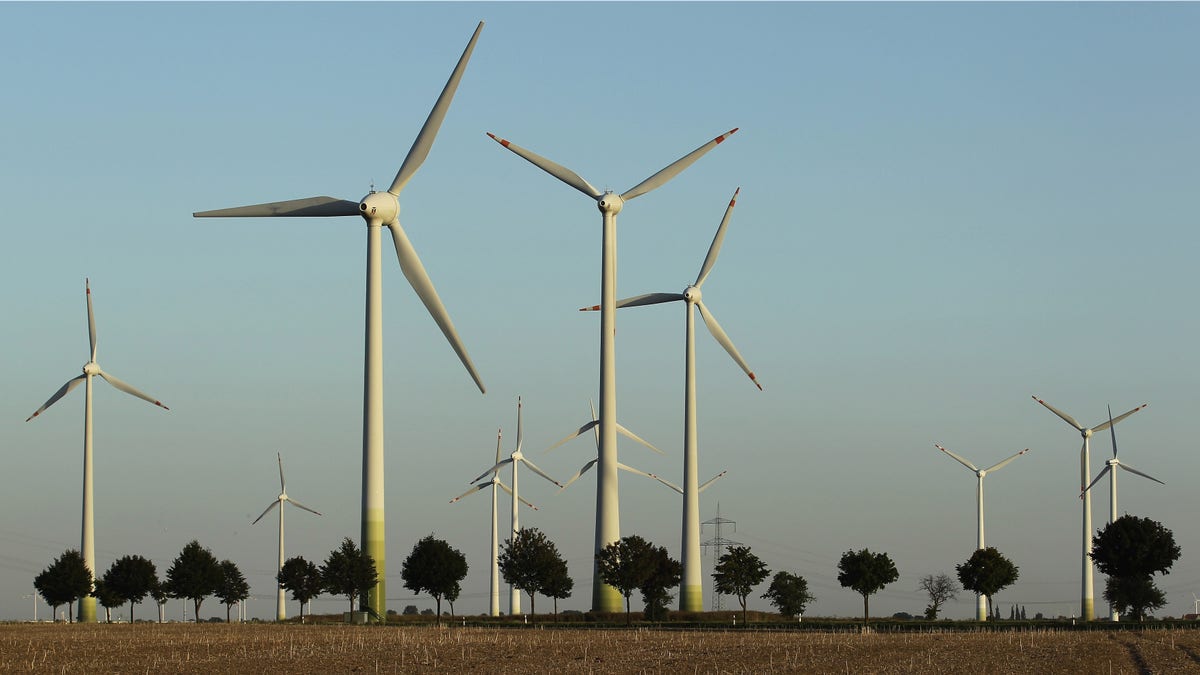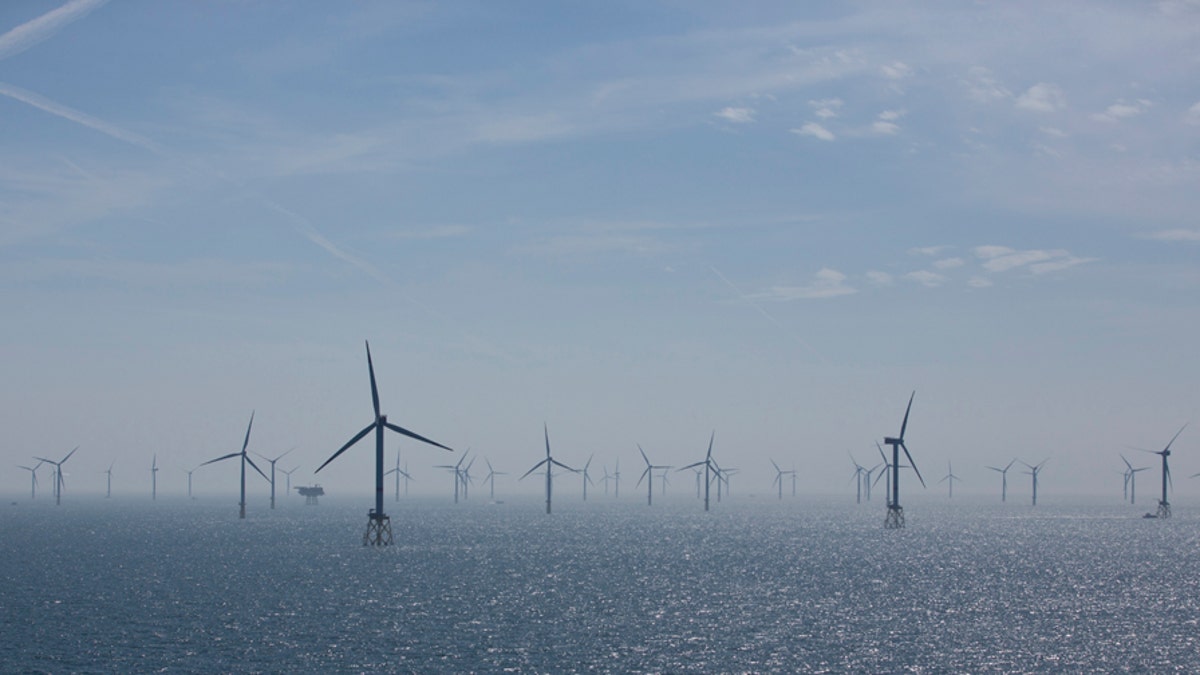Germany acknowledges 'harsh reality' that green policies are ineffective: Sen. Hagerty
Sen. Bill Hagerty, R-Tenn., assesses the root cause of inflation and President Biden's green energy push at the G7 summit in Germany.
Climate activist Greta Thunberg argued against taking Germany's remaining nuclear power plants offline, an apparent reversal on an energy source she has previously said she is against.
"I personally think it's a very bad idea to focus on coal when [nuclear power] is already in place," Thunberg told German public television Tuesday, according to a Deutsche Welle report.
The comments come as Germany and other European countries grapple with an energy crisis amid Russia's ongoing war in Ukraine, with most of the continent cut off from Russian natural gas they were previously dependent on for energy.
The crisis has caused Germany to look towards coal as a way of making up the shortfall, something Thunberg argued was a "mistake" with the country still having nuclear plants operational.

Climate activist Greta Thunberg. (Photo by Christopher Furlong/Getty Images)
"It depends. If you have them already running, I feel it's a mistake to close them and focus on coal," the climate activist said.
However, Thunberg has not always been as sympathetic to the case for nuclear energy, saying in 2019 that she is "against nuclear power."
"It can be a small part of a very big new carbon free energy solution, especially in countries and areas that lack the possibility of a full scale renewable energy supply - even though it's extremely dangerous, expensive and time-consuming," she said at the time.
Thunberg made clear that the long term solution for the country was still to look toward renewable energy sources, acknowledging the debate around nuclear power is "very infected."

Wind turbines spin to produce electricity on Aug. 20, 2010 in Roedgen near Bitterfeld, Germany. (2010 Getty Images)
GERMANY WILL KEEP 2 OF THEIR 3 NUCLEAR POWER PLANTS RUNNING AHEAD OF POSSIBLE ENERGY CRISIS
Germany's nuclear power plants have long been the source of heated debate in the country, with the German government passing a law to gradually phase out nuclear power over 20 years ago.
The phase out of the country's nuclear plants was supposed to be completed by the end of this year, but the government agreed to an extension of operations for its last two operational plants amid the energy crisis brought on by the war in Ukraine.
However, the extension has only been approved for a few months in an attempt to guide the country through the cold winter months, though a growing movement has rallied around the idea of a lengthier extension.

Wind turbines are pictured in RWE Offshore-Windpark Nordsee Ost in the North Sea, 30 kilometers from Helgoland, Germany. (Reuters)
CLICK HERE TO GET THE FOX NEWS APP
German Finance Minister Christian Lindner, the head of the conservative Free Democrats (FDP), welcomed Thundberg's apparent change of heart on social media Tuesday.
"I welcome the support of Fridays for Future founder Greta Thunberg for the FDP position to keep our nuclear plants on the grid," Lindner said on Twitter. "In this energy war everything that generates electricity must be on the grid. The reasons speak for themselves — economically and physically."










































